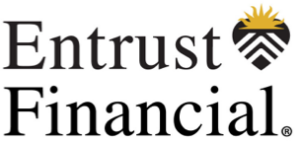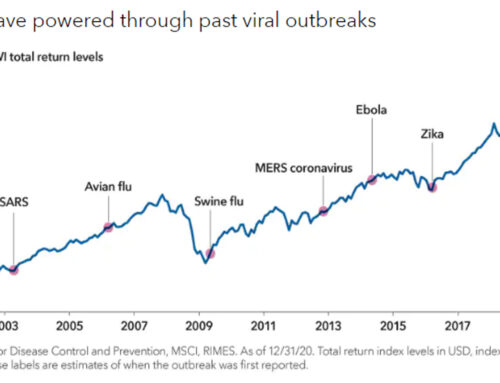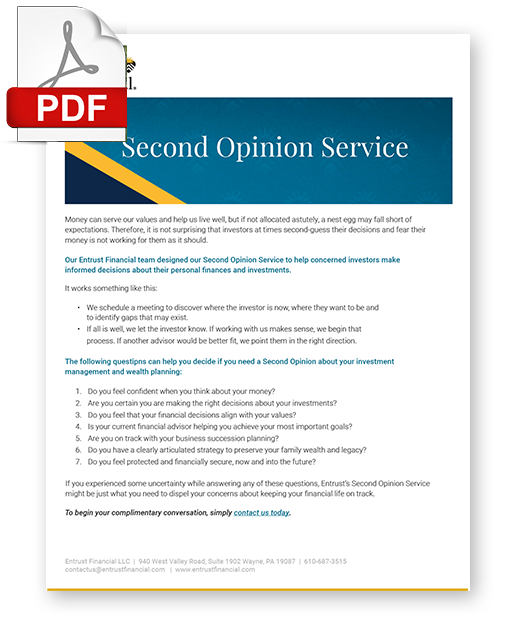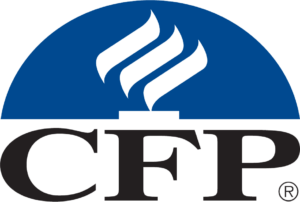Three Easy Tactics to Protect Your Personal Information from Cyber-Fraud

- Never use public Wi-Fi, unless your device has absolutely NO private information on it.
- Never send documents with personal information, such as account numbers or social security numbers, through email.
- Change your passwords at regular intervals–no less often than quarterly. And store your passwords securely on software–such as KeePass–designed for such storage.
What prompts us to blog about the topic of cyber-fraud? Hacking–now frequently PHISHING–has become a big business and we are all at risk. No longer is the hacker a late teenager, stoned, sitting in his mom’s basement hacking away on his computer to pass the time while he tries to “find” himself. No, today we are surrounded by global networks of hackers and what do they have in common? They are PATIENT. They are content to gather massive amounts of information and take all the time they need to sift through it for the nuggets of value, no matter how long it takes.
How can utilizing the foregoing tactics we enumerated protect you?
- If you use public Wi-Fi, you are opening the door to hackers to gather whatever information happens to be on your computer. This information could be about you, or they could simply be gathering data about all of your connections–including your connections on LinkedIn or Facebook, for example.
Avoid public Wi-Fi and you are adding a layer of protection over your personal information (and your friends’ information, too!)
- If you send private information by email, hackers truly love you because they do not even have to sift through anything to take the data they want. Use your secure portal, such as your Entrust portal, instead. Even if it takes extra time to provide information, avoid sending private information by email.
- Because massive amounts of information are gathered and it takes time to sift through it, if you change your passwords at regular intervals, the likelihood is that when a hacker circles back to you, he will no longer be able to gain access because your credentials have now changed.
For all of us, protecting our information is becoming more difficult while at the same time doing so is more important than ever. Contact us to continue this conversation about how you can better protect yourself and those you love.
